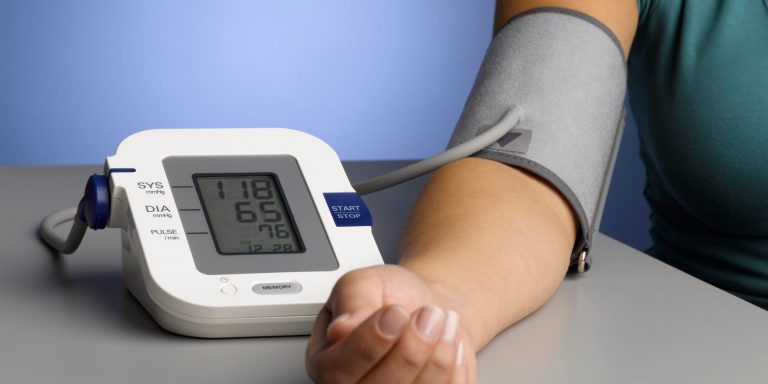
Finding the best doctor for a disease or injury can be the hardest thing for everyone who doesn’t visit the hospital so often. Also, if you are one of those persons who think they don’t need a primary care physician, you are wrong. Your primary care physician is your most important health care professional.
With that being said, keep in mind the secrets to finding the best doctor for any health issue you are dealing with.
1. Ask hospital employees
“Their word trumps an Ivy League degree, prestigious titles, and charm.”—Marty Makary, MD, author of Unaccountable: What Hospitals Won’t Tell You and How Transparency Can Revolutionize Health Care
2. Choose a doctor who is in charge
“I’d look for a doctor who is certified to train other doctors. They are called ‘fellowship directors.’”—A plastic surgeon
3. When it’s really serious, opt for a teaching hospital
“You’ll get doctors involved with the latest in medicine. Even for simple cases, if there’s a complication that requires an assist device or a heart transplant, some hospitals may not be able to do it. At a university hospital, you also have the advantage of having a resident or physician bedside 24-7, with a surgeon on call always available.”—Tomas A. Salerno, MD, chief of cardiothoracic surgery at the University of Miami Miller School of Medicine
4. Don’t think that your primary care physician knows better
“Referrals may be politically motivated or be given because the doctors work within the same multi-specialty group.”—Howard Luks, MD, chief of sports medicine and arthroscopy at Westchester Medical Center and University Orthopaedics
5. Listen for subtle word clues
“We’re not going to tell you your doctor is incompetent, but if I say, ‘You have the right to a second opinion,’ that can be code for ‘I don’t like your doctor’ or ‘I don’t trust your doctor.’”—Linda Bell, RN, clinical practice specialist at the American Association of Critical-Care Nurses in Aliso Viejo, California

























